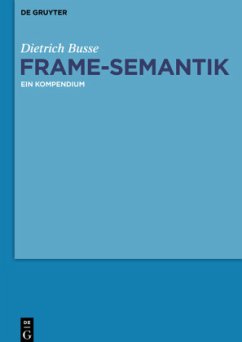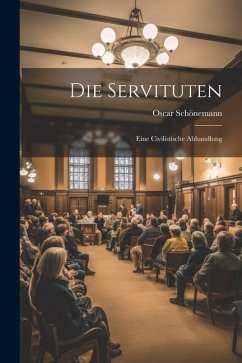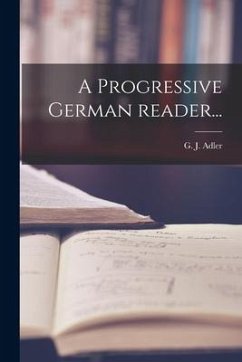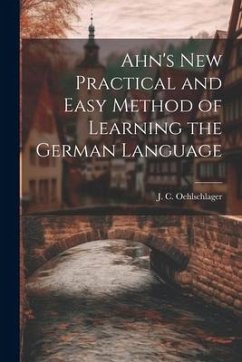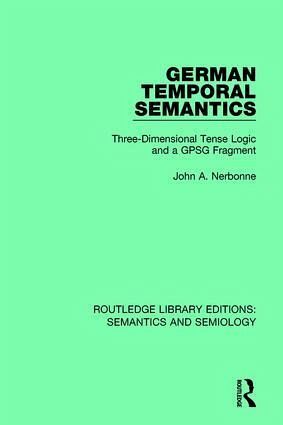
German Temporal Semantics
Three-Dimensional Tense Logic and a GPSG Fragment

PAYBACK Punkte
26 °P sammeln!
First published in 1985, this book analyses temporal meaning in German. The framework is that of a model-theoretic semantics, more specifically one incorporating a multi-dimensional tense logic. The first chapter presents this logic and argues that three dimensions are optimal for the description of natural language temporalia. The second chapter applies this theory to the analysis of temporal meaning in German. Frame adverbials, the Present and Past Tenses, duratives, aspectual adverbials using in, and the adverbials particle schon are examined. Chapter 3 provides a formal syntax to bear the ...
First published in 1985, this book analyses temporal meaning in German. The framework is that of a model-theoretic semantics, more specifically one incorporating a multi-dimensional tense logic. The first chapter presents this logic and argues that three dimensions are optimal for the description of natural language temporalia. The second chapter applies this theory to the analysis of temporal meaning in German. Frame adverbials, the Present and Past Tenses, duratives, aspectual adverbials using in, and the adverbials particle schon are examined. Chapter 3 provides a formal syntax to bear the semantic analysis proposed in the second chapter and the final chapter explores syntactic and semantic extensions of the fragment, showing how the Perfect, the particle noch, the passive, and a distinct reading of frame adverbials may be accommodated.






